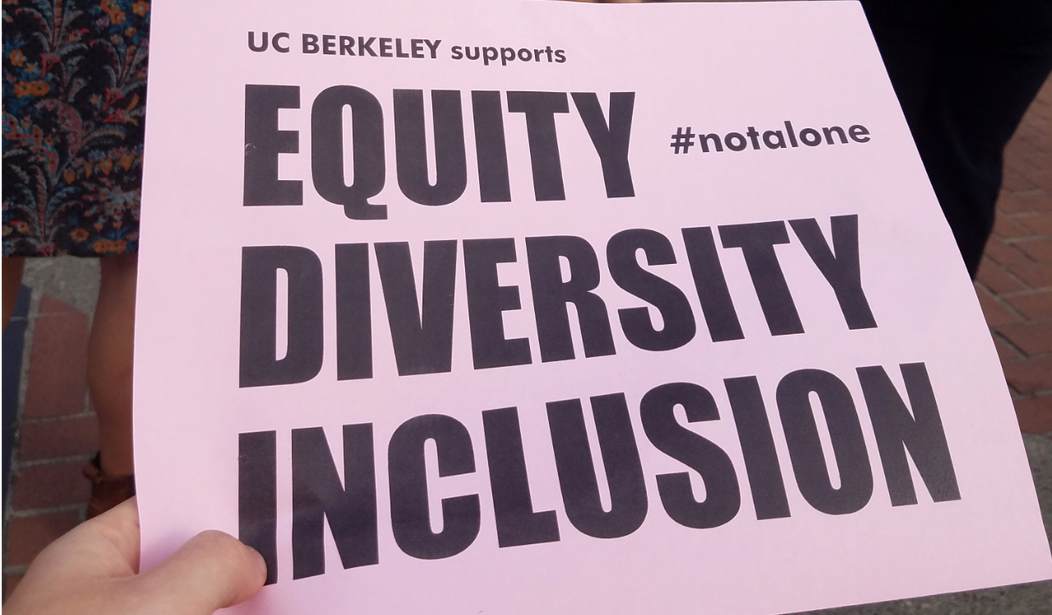As the Wall Street Journal points out, two years ago Chief Diversity Officers were among the hottest executive jobs going. In the wake of the George Floyd riots and America “coming to grips” with its racist past, companies were scrambling to beef up their diversity, equity, and inclusion departments. Many companies separated DEI management from Human Resources.
But this year is a different story. Several high-profile Chief Diversity Officers (CDOs) have quit their jobs, and thousands of diversity employees have been laid off.
Has corporate America gotten “unwoke”? Not hardly.
“There’s a combination of grief, being very tired, and being, in some cases, overwhelmed,” says Miriam Warren, chief diversity officer for Yelp, of the challenges facing executives in the field. Warren says the recent Supreme Court decision on affirmative actions has made her and other DEI execs “more committed to the work than ever.”
But elsewhere, it’s a different story. The job of diversity officer has changed in the last few years. Where once DEI issues were handled by human resources executives, today’s diversity leaders are expected to weigh in on new product development, marketing efforts, and current events that have an impact on how workers and consumers are feeling,” says the Wall Street Journal.
And when downturns occur, DEI executives are more vulnerable to layoffs than their HR counterparts.
“I got to 300 applications and then I stopped tracking,” says Stephanie Lubin, who was laid off from her role as diversity head at Drizly, an online alcohol marketplace, in May following the company’s acquisition by Uber. Today’s DEI leaders are going to have to get used to the fact that the job of diversity officer is going to be combined with something else, usually
“The only way I want to go into another role with DEI is if it includes something else,” says Jason Hanold of Hanold Associates Executive Search. Hanold is also referring to the requests for broader titles that offer more responsibilities and resources.
In interviews, current and former chief diversity officers said company executives at times didn’t want to change hiring or promotion processes, despite initially telling CDOs they were hired to improve the talent pipeline. The quick about-face shows company enthusiasm for diversity initiatives hasn’t always proved durable, leaving some diversity officers now questioning their career path.
In the wake of George Floyd’s murder in police custody in May 2020, companies scrambled to hire chief diversity officers, changing the face of the C-suite. In 2018, less than half the companies in the S&P 500 employed someone in the role, and by 2022 three out four companies had created a position, according to a study from Russell Reynolds, an executive search firm.
There’s a sense that DEI has been downplayed by corporate executives as the impact of the Supreme Court decision on affirmative action works its way through corporate America. While the SCOTUS ruling dealt with college admissions, no one doubts that one of the several affirmative action employment cases working its way through the courts will eventually land before the high court. This has led to corporations looking for a different kind of CDO.
Since the Supreme Court overturned affirmative action in June, companies are anticipating spillover legal action could have an impact on them. Those that are still hiring CDOs want people who can help the board navigate the political and legal landscape of diversity work and figure out how to take defensive moves to shield them from litigation, says Tina Shah Paikeday, global leader of Russell Reynolds’s diversity, equity and inclusion practice.
“They recognize it would be smart to get ahead of that.”
And there will probably be less emphasis on “equity” issues, but not enough to get anyone mad at the company.










